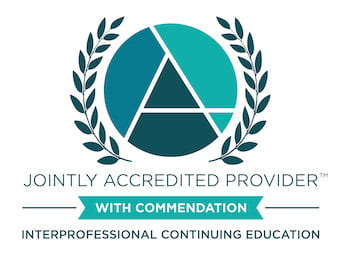Sickle Cell Disease TeleECHO Clinic
Education
Project ECHO (Extension for Community Healthcare Outcomes) is an internationally recognized telementoring innovation that build clinician knowledge in diagnosing and treating complex disorders. Project ECHO connects local clinicians with experts from sickle cell centers to learn skills necessary to deliver high quality sickle cell disease care using this proven telementoring model.
As part of our HRSA-funded regional collaborative, we will host a SCD TeleECHO clinic every third Friday of the month from 11 a.m. – 12 p.m. (CST). During each session, an expert on sickle cell care will share a short didactic on a relevant topic. This will be followed by a case presentation and group discussion.
Please join us!
All healthcare providers who currently treat or are interested in treating patients with SCD are encouraged to participate.
If you are interested in participating, please email Abigail Picinich at pabigail@wustl.edu.
Accreditation
In support of improving patient care, Washington University School of Medicine in St. Louis is jointly accredited by the Accreditation Council for Continuing Medical Education (ACCME), the Accreditation Council for Pharmacy Education (ACPE), and the American Nurses Credentialing Center (ANCC) to provide continuing education for the healthcare team.
Credits awarded
Washington University School of Medicine in St. Louis designates this live activity for a maximum of 8 (1 per session) AMA PRA Category 1 CreditsTM. Physicians should claim only the credit commensurate with the extent of their participation in the activity.
Washington University School of Medicine in St. Louis designates this live activity for a maximum of 8 (1 per session) ANCC contact hours.
Successful completion of the CME activity, which includes participation in the evaluation component, enables the participant to earn up to 1 MOC point (per session) in the American Board of Internal Medicine’s (ABIM) Maintenance of Certification (MOC) program. Participants will earn MOC points equivalent to the amount of CME credits claimed for the activity. It is the CME activity provider’s responsibility to submit participant completion information to ACCME for the purpose of granting ABIM MOC Credit.
Didactic videos
Please use the search field to filter by keyword.

